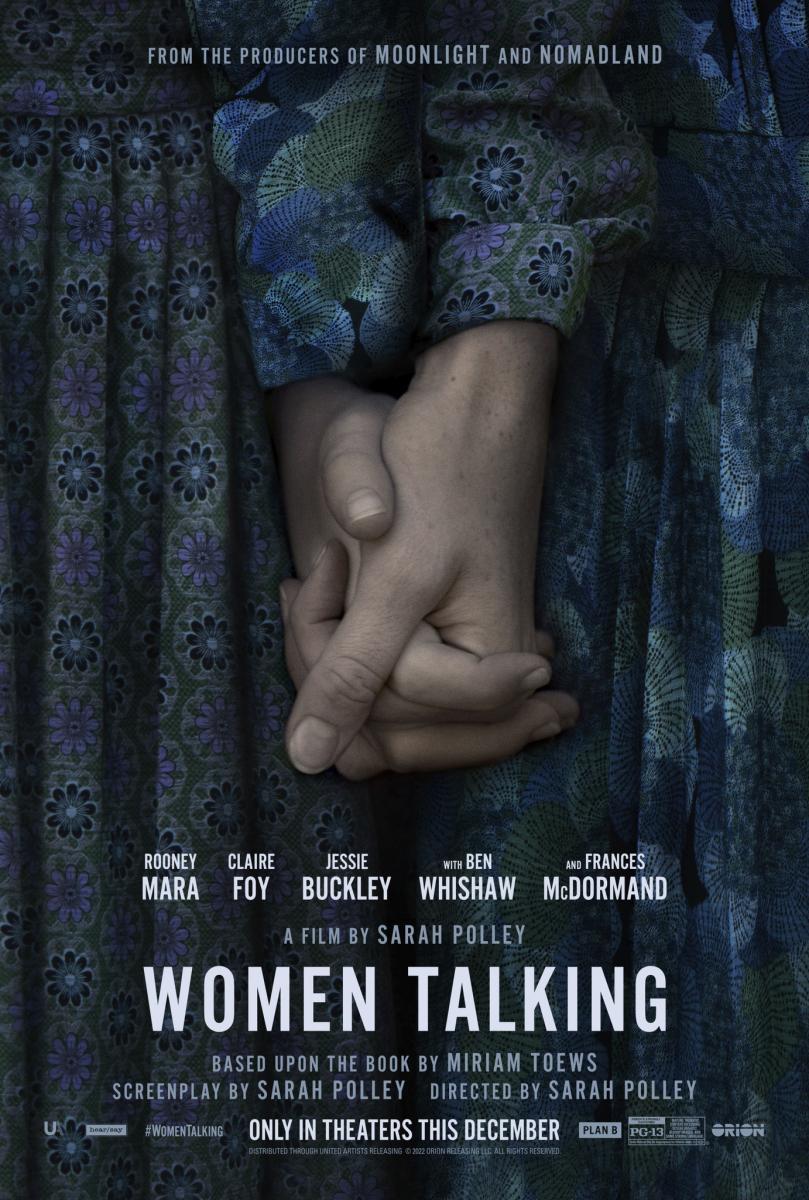Now Playing
Current DJ: Scott McKenna
Drive-By Truckers Once They Banned Imagine from American Band (ATO) Add to Collection
Requests? 773-DJ-SONGS or .(JavaScript must be enabled to view this email address)
 by Kyle Sanders
by Kyle Sanders
Pardon my politics, but my feelings going into this year's Midterm elections were quite grim. I was so convinced of the prophesied "Red Wave" that I spiraled into theoretical fears of what those results could possibly unravel in this country.
I was angry. I was frustrated. But most of all, I felt completely powerless. I alone couldn't stop the inevitable. I alone couldn't change the course of history. Convincing those with polar opposite political beliefs was futile. The only thing I could do was cast my vote and avoid all Election Day coverage.
The next morning, the sun came up.
As it turned out, the Red Wave barely made a ripple. So many races were too close to call, and yet, the more results that came in, the more hope I was able to maintain. Those candidates who supported "anti-woke" legislation, fraudulent voting, and Fascist behaviors soon realized they were beside themselves.
For once, I actually felt good. Despite what the polls were predicting, the voters decided otherwise. I had witnessed democracy at work.
And it wouldn't be the first time, as just a few weeks prior, I witnessed the same process on the big screen, when I got the opportunity to see one of the Chicago International Film Festival's "Special Presentations" of Women Talking.
Adapted from Miriam Toews' profound 2018 novel, Women Talking is about a group of Mennonite women who conduct a secret meeting in a barn to decide--after realizing that the numerous sexual assaults they were enduring were committed by the men in their colony--whether or not to stay or leave.
It's a complicated decision because, according to their faith, if they're unable to forgive these men, they will be denied God's salvation. But what is clearly presented is a group of women who, despite their personal beliefs, are able to effectively communicate their stances while allowing those in opposition to lament their own arguments. Through this collaborative process, the women not only question power, but harness their own.
The film features an ensemble of acclaimed actresses of varying years in the business. From recent Oscar nominees Jessie Buckley (The Lost Daughter) and Rooney Mara (The Girl with the Dragon Tattoo, Carol) to Emmy-winning Claire Foy (The Crown), and veteran actresses like Oscar winner Frances McDormand (Fargo, Nomadland) and Tony award-winning Judith Ivey ("Steaming," "Hurlyburly"), the cast's emotive faces fill every frame with expressions blistering with anger, frustration, and pain. They flow in and out of conversations that shift from unified to divided within seconds. The claustrophobic barn the women congregate in feels so intimate, it feels like you're watching a staged play on celluloid.
It's that kind of atmosphere director Sarah Polley and cinematographer Luc Montpellier specifically chose when bringing this story to the screen. When I attended the sneak preview back in October, the collaborating duo were in attendance to receive the festival's Visionary Award, and discussed the making of the film. Polley mentioned she wanted to tell this story as a heightened reality fable that feels like a grungy postcard from the past whose odor still lingers in the present. For Montpellier, he wanted to contrast the dark intimacy of the barn's space from the agrarian exteriors filled with light and color. It's an effectively subtle way to present these women deciding whether or not to stay within the confines of archaic customs, or plunge their way into the bewildering terrain of the unknown.
The levels of saturation in the film trick you with the uncertainty of time; we're never fully aware of the year or decade in which the film takes place, or even where it takes place, which raises the stakes for both the women and the audience watching: neither group can assume what risks are out there, but surely it couldn't be worse than what dangers remain if they stay. Polley's potent direction and simmering script keep you engaged with the women's dilemma throughout the film's entirety.
Only her third film (behind the Oscar-nominated Away from Her and Take This Waltz), Women Talking is Polley's most ambitious to date, presenting those "sticky questions" involving power and choice while keeping the spirited content of the novel alive through the performances of its all-star cast (already, the cast has been collecting year-end Best Ensemble awards).
By the film's conclusion, the choices have been provided, opinions have been heard, and a decision is made. Let Women Talking be considered a fine example of what a true democratic process looks like.
Women Talking will be released in theaters nationwide on December 23rd
Next entry: CHIRP Radio’s Best of 2022: Eric Wiersema
Previous entry: CHIRP Radio’s Best of 2022: Steven Grady